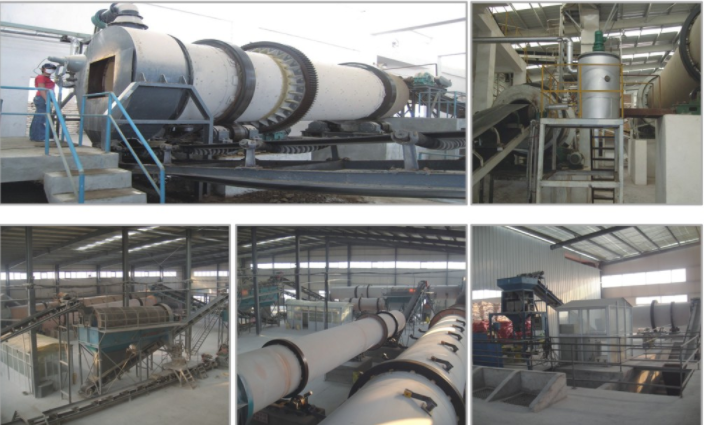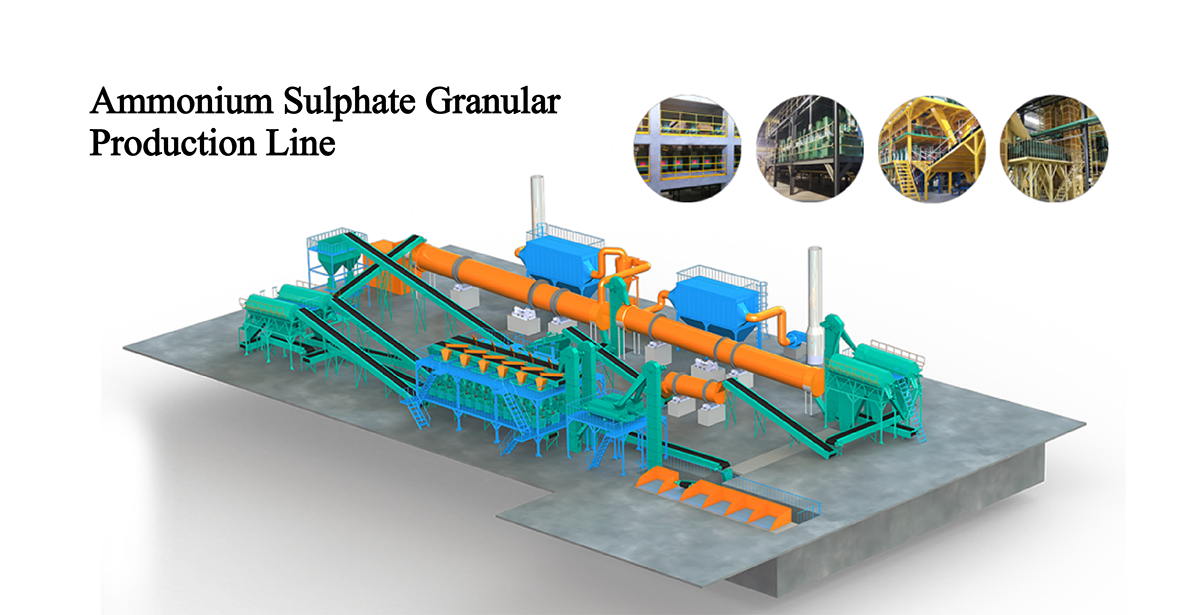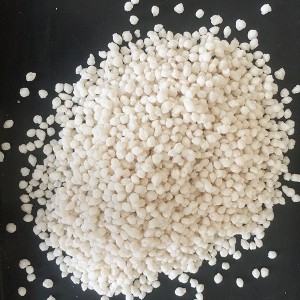Benefits Of Ammonium Sulfate Crystals For Agriculture
One of the main benefits of using ammonium sulphate crystals as fertilizer is their high nitrogen content. Nitrogen is an important nutrient for plant growth because it is a key component of chlorophyll, which is essential for photosynthesis. By providing plants with an easily accessible source of nitrogen, ammonium sulphate crystals can help promote healthy and vigorous growth, thereby increasing crop yields.
In addition to nitrogen, ammonium sulphate crystals also contain sulfur, another important nutrient for plant growth. Sulfur is a building block of amino acids, which are the building blocks of proteins in plants. By providing sulfur to plants, ammonium sulphate crystals can help improve protein synthesis and overall plant health. Sulfur also plays a role in the formation of chlorophyll, which is essential for photosynthesis and energy production in plants.
Another benefit of using ammonium sulphate crystals as a fertilizer is its ability to lower soil pH. Many soils have a naturally alkaline pH, which can limit the availability of certain nutrients to plants. By adding ammonium sulphate crystals to the soil, the acidity of the fertilizer can help lower the pH, making it easier for plants to absorb essential nutrients like phosphorus, iron and manganese. This helps improve overall soil fertility and plant health.
Ammonium sulfate crystals are also highly soluble in water, which means it is easily absorbed by plants. This makes it a highly efficient and effective fertilizer as plants quickly absorb the nutrients they need for growth and development. Additionally, the high solubility of ammonium sulphate crystals means it is less likely to leach out of the soil, reducing the risk of nutrient loss and water contamination.
Additionally, ammonium sulphate crystals are a cost-effective fertilizer option for farmers and gardeners. Its high nutrient content means application rates are lower compared to other fertilizers, reducing overall input costs. Additionally, its ability to improve soil fertility and plant health can increase crop yields, providing a good return on investment for those who use it in their agricultural practices.
In summary, the benefits of using ammonium sulphate crystals in agriculture are many. This versatile fertilizer has high nitrogen and sulfur content that lowers soil pH and increases nutrient availability, helping to promote healthy plant growth and improve soil fertility. Its cost-effectiveness and efficiency make it a popular choice among farmers and gardeners looking to increase crop yields and overall agricultural productivity.

Nitrogen: 21% Min.
Sulphur: 24% Min.
Moisture: 0.2% Max.
Free Acid: 0.03% Max.
Fe: 0.007% Max.
As: 0.00005% Max.
Heavy Metal(As Pb): 0.005% Max.
Insoluble: 0.01 Max.
Appearance: White or Off-White Crystal
Standard: GB535-1995
1. Ammonium Sulphate is mostly used as nitrogen fertilizer. It provides N for NPK. It provides an equal balance of nitrogen and sulphur, meets short term sulphur deficits of crops, pastures and other plants.
2. Fast release, quick acting;
3. More efficiency than urea, ammonium bicarbonate, ammonium chloride,ammonium nitrate;
4. Can be readily blended with other fertilisers. It has the desirable agronomic features of being a source of both nitrogen and sulphur.
5. Ammonium sulphate can make crops thrive and improve fruit quality and yield and strengthen resistance to disaster,can be used for common soil and plant in basic fertilizer, additional fertilizer and seed manure. Suitable for the rice seedling, paddy fields, wheat and grain, corns or maize, the growth of tea, vegetables, fruit trees, hay grass, lawns, turf and other plants.









The primary use of ammonium sulfate is as a fertilizer for alkaline soils. In the soil the ammonium ion is released and forms a small amount of acid, lowering the pH balance of the soil, while contributing essential nitrogen for plant growth. The main disadvantage to the use of ammonium sulfate is its low nitrogen content relative to ammonium nitrate, which elevates transportation costs.
It is also used as an agricultural spray adjuvant for water-soluble insecticides, herbicides, and fungicides. There, it functions to bind iron and calcium cations that are present in both well water and plant cells. It is particularly effective as an adjuvant for 2,4-D (amine), glyphosate, and glufosinate herbicides.
-Laboratory Use
Ammonium sulfate precipitation is a common method for protein purification by precipitation. As the ionic strength of a solution increases, the solubility of proteins in that solution decreases. Ammonium sulfate is extremely soluble in water due to its ionic nature, therefore it can "salt out" proteins by precipitation. Due to the high dielectric constant of water, the dissociated salt ions being cationic ammonium and anionic sulfate are readily solvated within hydration shells of water molecules. The significance of this substance in the purification of compounds stems from its ability to become more so hydrated compared to relatively more nonpolar molecules and so the desirable nonpolar molecules coalesce and precipitate out of the solution in a concentrated form. This method is called salting out and necessitates the use of high salt concentrations that can reliably dissolve in the aqueous mixture. The percentage of the salt used is in comparison to the maximal concentration of the salt in the mixture can dissolve. As such, although high concentrations are needed for the method to work adding an abundance of the salt, over 100%, can also oversaturate the solution, therefore, contaminating the nonpolar precipitate with salt precipitate. A high salt concentration, which can be achieved by adding or increasing the concentration of ammonium sulfate in a solution, enables protein separation based on a decrease in protein solubility; this separation may be achieved by centrifugation. Precipitation by ammonium sulfate is a result of a reduction in solubility rather than protein denaturation, thus the precipitated protein can be solubilized through the use of standard buffers.[5] Ammonium sulfate precipitation provides a convenient and simple means to fractionate complex protein mixtures.
In the analysis of rubber lattices, volatile fatty acids are analyzed by precipitating rubber with a 35% ammonium sulfate solution, which leaves a clear liquid from which volatile fatty acids are regenerated with sulfuric acid and then distilled with steam. Selective precipitation with ammonium sulfate, opposite to the usual precipitation technique which uses acetic acid, does not interfere with the determination of volatile fatty acids.















